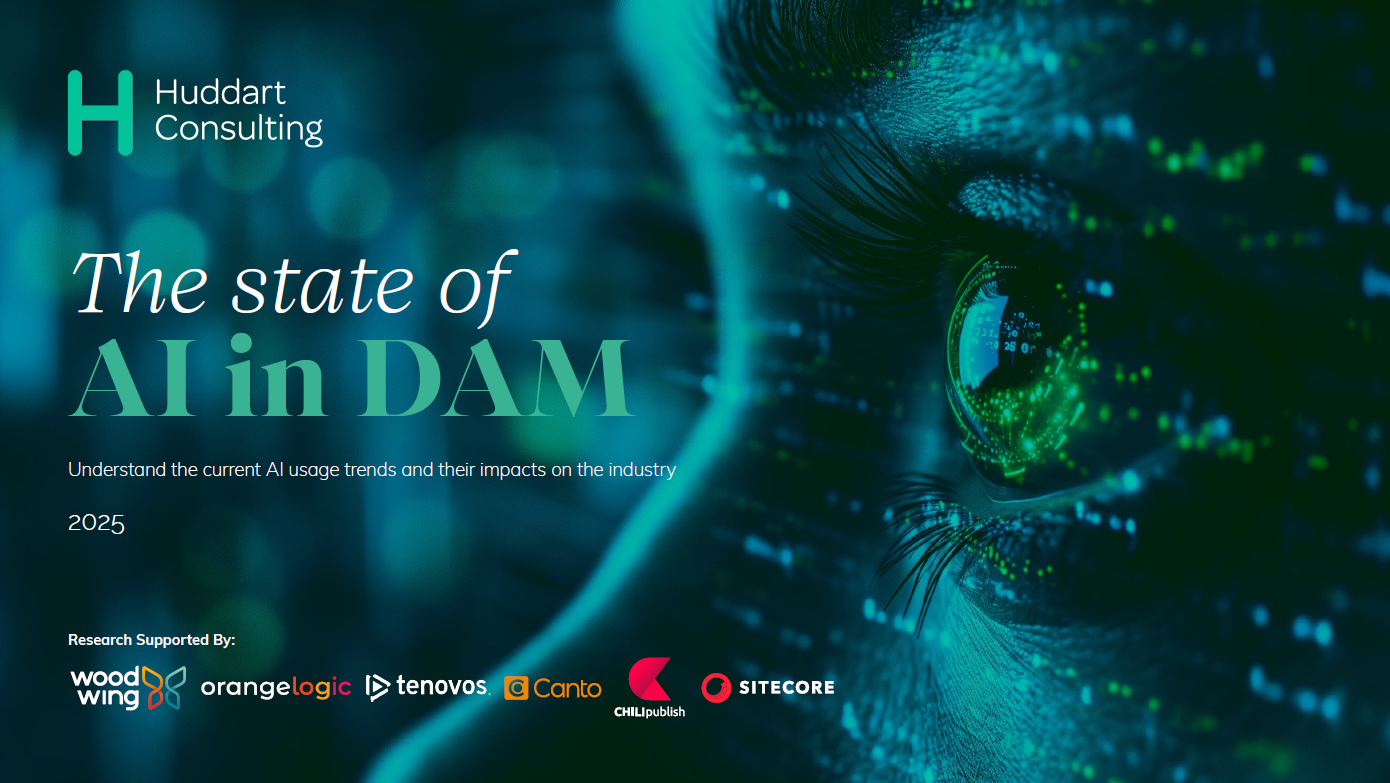Many organisations have opened up their archives to the public for research, curiosity, and transparency in the past, to rave reviews and great success.
However, in the age of the coronavirus global pandemic, people are hungry for wider public access to their favourite historic content. Interestingly, due to the lack of live sports, an unexpected space where open historical archives is most desired is sports and athletics!
And sports video archives have responded positively:
- FIFA (the International Federation of Association Football) has opened up access to 30 previous matchs from FIFA World Cup and FIFA Women’s World Cup, available for replay for the first time. And FIFA is even given its broadcast partners the rights to use the #WorldCupAtHome content to fill gaps in their sports scheduling during the pandemic.
- The International Cricket Council (ICC) has opened up its match and footage archive from the last 45 years for our viewing pleasure during the pandemic. – https://www.icc-cricket.com/media-releases/1648978
- Want to watch Nicola Adams become the first woman to win an Olympic gold medal for boxing at the London 2012 Summer Olympics? Check out some amazing feats on the BBC sports archive.
- And this one’s been around for a while, but if you’d like to watch some of the most iconic moments in sports across the world, then check out the AP curated sports archive. My favourite has got to be their “Wacky Sports” section! Did you know that there is a sport in the UK called Bog Snorkeling?
Of course, it’s not only the sports world that has jumped on this trend. Video archive collections from major events, musical performances, cultural organisations and heritage collections have opened their doors for free because of the pandemic:
- Watch past performances from the Detroit Symphony Orchestra
- Watch archive productions from the Royal Opera House
- The Austin City Limits annual music festival has opened its archives for free, so now you can jam out to The Raconteurs, John Prine, or Janelle Monae while you’re working from home
- Want access to read old texts and books? During the pandemic, you can get free access to 1.4 million books from the Internet Archive. In these unusual circumstances, books can be read without restriction, which copyright laws normally limit.
- This isn’t just for big companies or federal governmental organisations, but small, local groups are also offering access to their archives, like this small theatre in a London local borough has done. Have a laugh by watching some previous live performances from the Brookside Theatre.
If you have an incredible archive that hasn’t been digitised yet, maybe it’s time to rethink your digitisation strategy and talk to your customers about what they want to see!
